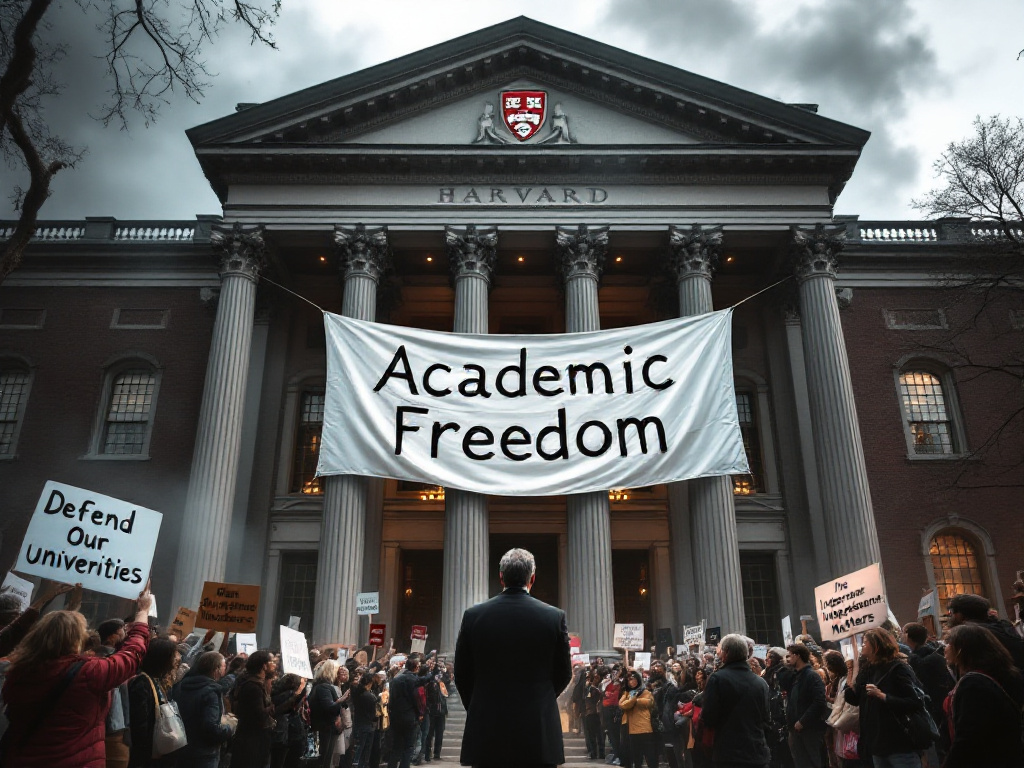Articles in this Cluster
16-04-2025
Takeshi Niinami, senior economic advisor to Japan's prime minister and CEO of Suntory Holdings, stated that Japan has leverage in trade talks with the US due to its significant investments in the country, including being the largest foreign holder of US Treasury bonds worth $1.1 trillion. Niinami suggested Japan could use this to its advantage by discussing increased investment opportunities in the US and potentially increasing military purchases from the US. He expressed cautious optimism about the upcoming trade talks between Japanese negotiator Ryosei Akazawa and US officials, emphasizing the need to normalize and upgrade US-Japan relations, particularly in regional security.
Entities: Takeshi Niinami, Japan, Suntory Holdings, US, Ryosei Akazawa • Tone: analytical • Sentiment: positive • Intent: inform
16-04-2025
President Trump has mixed emotions towards Japan, praising it as a close ally and admiring its culture, while also criticizing its trade policies and security relationship with the US. Trump's views on Japan date back to the 1980s when he saw it as both a valued customer and a source of financing, as well as a trade rival. Despite imposing a 24% tariff on Japanese products, Trump has given Japan privileged treatment, allowing it to negotiate for a possible reprieve from the tariffs. Japan's current Prime Minister, Shigeru Ishiba, is trying to build a relationship with Trump similar to that of his predecessor, Shinzo Abe, who was the first world leader to visit Trump after his 2016 election win. Ishiba's negotiator is scheduled to meet with US officials to discuss a possible deal to reduce tariffs, likely involving increased purchases of American goods.
Entities: Donald Trump, Japan, The New York Times, Shigeru Ishiba, Shinzo Abe • Tone: analytical • Sentiment: neutral • Intent: inform
16-04-2025
US President Donald Trump unexpectedly inserted himself into US-Japan tariff talks, stating that there was "big progress" after meeting with a Japanese trade delegation led by Ryosei Akazawa. Trump said getting a deal with Japan was a "top priority", and the two sides agreed to hold a second meeting later in the month.
Entities: Donald Trump, US, Japan, Ryosei Akazawa, South China Morning Post • Tone: neutral • Sentiment: positive • Intent: inform
16-04-2025
Donald Trump's criticism of the US-Japan security treaty is seen by analysts as a tactic to pressure Japan into making trade concessions and increasing its defence payments. Trump has labelled the treaty as "one-sided," claiming the US pays hundreds of billions to defend Japan while Japan pays nothing. The treaty, signed in 1960, allows the US to maintain military bases in Japan and commits the US to defend Japan in the event of an attack. Japan is currently facing a 24% US tariff and is sending a trade minister to Washington for bilateral talks.
Entities: Donald Trump, US-Japan security treaty, Japan, United States, South China Morning Post • Tone: analytical • Sentiment: neutral • Intent: analyze
